From a Google AI that writes news articles to a robotic liver transplant, check out this week’s awesome tech stories from around the web.


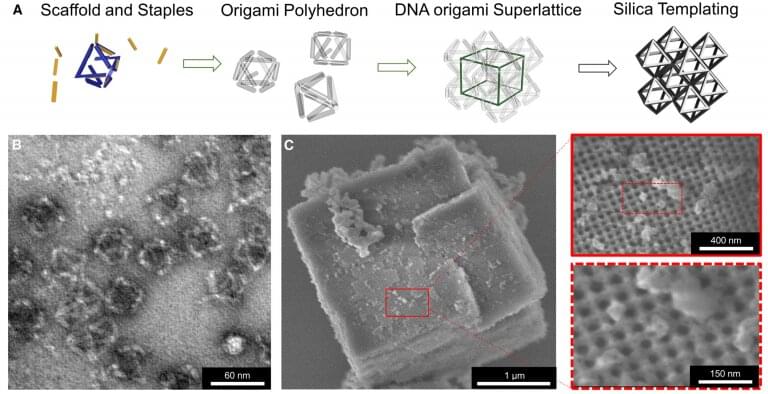
Materials that are both strong and lightweight could improve everything from cars to body armor. But usually, the two qualities are mutually exclusive. Now, University of Connecticut researchers and colleagues have developed an extraordinarily strong, lightweight material using two unlikely building blocks: DNA and glass.
“For the given density, our material is the strongest known,” says Seok-Woo Lee, a materials scientist at UConn. Lee and colleagues from UConn, Columbia University, and Brookhaven National Lab reported the details on July 19 in Cell Reports Physical Science.
Strength is relative. Iron, for example, can take seven tons of pressure per square centimeter. But it’s also very dense and heavy, weighing 7.8 grams/cubic centimeter. Other metals, such as titanium, are stronger and lighter than iron. And certain alloys combining multiple elements are even stronger. Strong, lightweight materials have allowed for lightweight body armor, better medical devices and made safer, faster cars and airplanes.
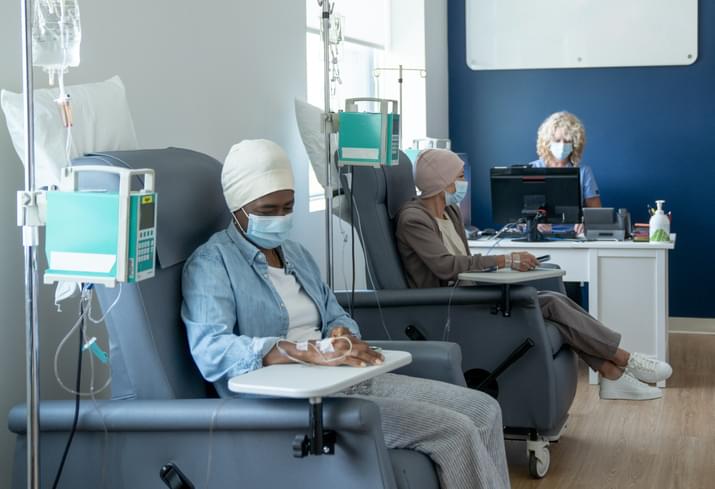
“We really didn’t know which way it would go,” he said.
To find out, the researchers generated versions of the enzymes that would specifically move into the nucleus and bypass the mitochondria. They discovered that this relocation fortified the cells, keeping them alive. They demonstrated that this process worked in both heart cells generated from human stem cells and in mice exposed to chemotherapy.
“This seems to be a new mechanism by which heart cells can defend themselves against chemotherapy damage,” noted Rehman, who is also a member of the University of Illinois Cancer Center.
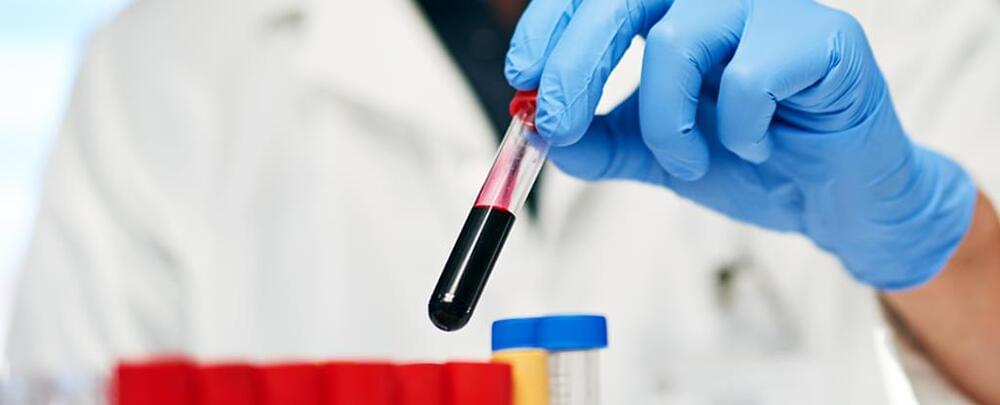
The earlier that Alzheimer’s disease and other similar conditions can be spotted, the better the treatment options are, and scientists have discovered a blood biomarker that could signal the risk of dementia many years in advance.
A team from the National Institute on Aging, the University of Texas, and the Johns Hopkins Bloomberg School of Public Health in the US, as well as other institutions across the world, looked at data on 10,981 individuals collected across the course of 25 years.
In particular, the researchers analyzed the proteome of these individuals: the complete set of proteins expressed in a body, driving all kinds of biological processes from cell communication to hormone levels.

The use of “smart drugs” to enhance productivity in academic and workplace settings is on the rise. A recent study published in Science Advances examined the effects of three popular smart drugs – methylphenidate, modafinil, and dextroamphetamine – on real-life tasks. The researchers hypothesized that these drugs, which affect dopamine and norepinephrine, would influence motivation and effort, ultimately leading to improved performance.
The study involved forty participants between the ages of 18 and 35. The participants were randomly assigned to four groups and attended four testing sessions. In each session, they were given one of three popular smart drugs or a placebo. The drugs were administered in a double-blinded manner, meaning neither the participants nor the researchers knew which drug was being given.
The researchers used a task called the “knapsack task” to evaluate the participants’ cognitive performance. This task involves solving a complex optimization problem where participants have to select items with certain weights and values to maximize the overall value while staying within a weight limit. The difficulty of the task was designed to simulate real-life complex tasks that people encounter.
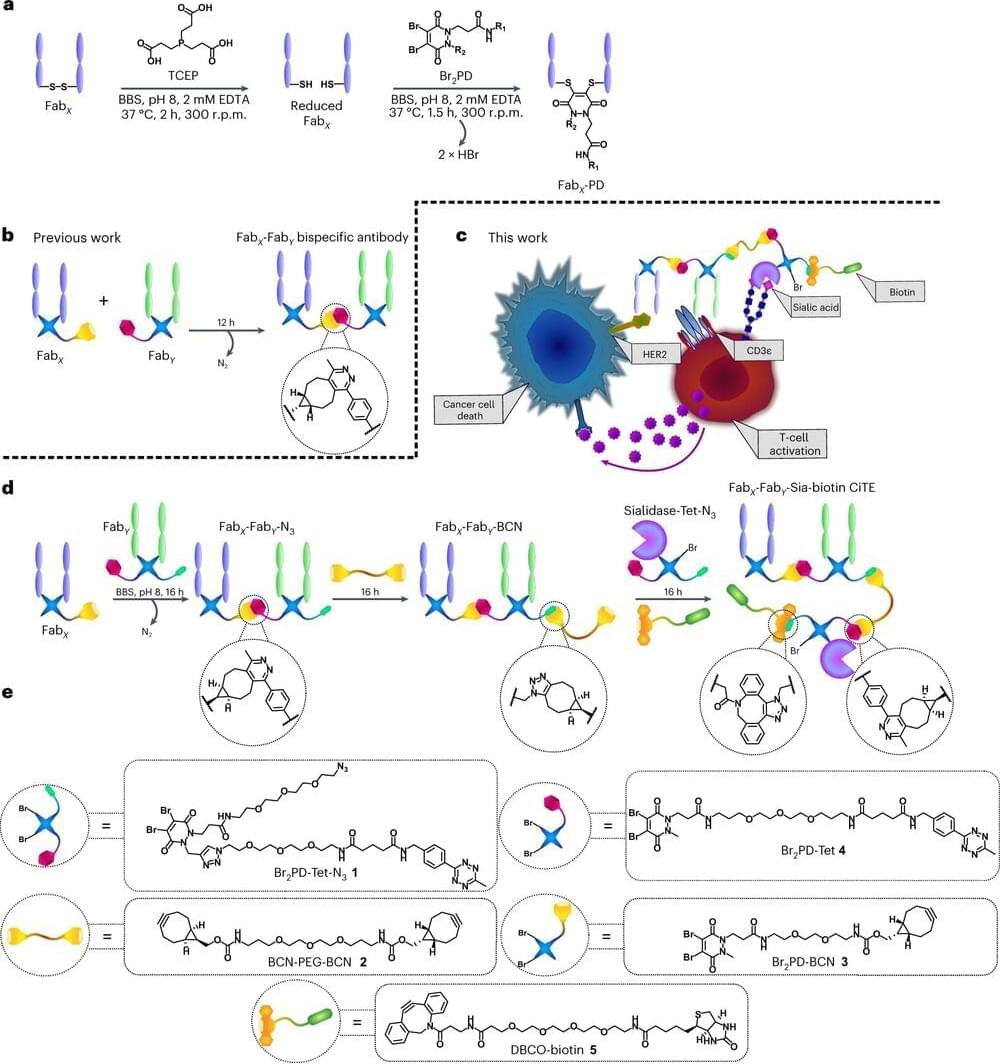
A potent anti-cancer therapy has been created using Nobel prize-winning “click chemistry,” where molecules click together like LEGO bricks, in a new study by UCL and Stanford University researchers.
The study, published in Nature Chemistry, opens up new possibilities for how cutting-edge cancer immunotherapies might be built in future.
The research team created an anti-cancer therapy with three components: one targeting the cancer cell, another recruiting a white blood cell called a T cell to attack the cancer cell, and a third knocking out part of the cancer cell’s defenses.
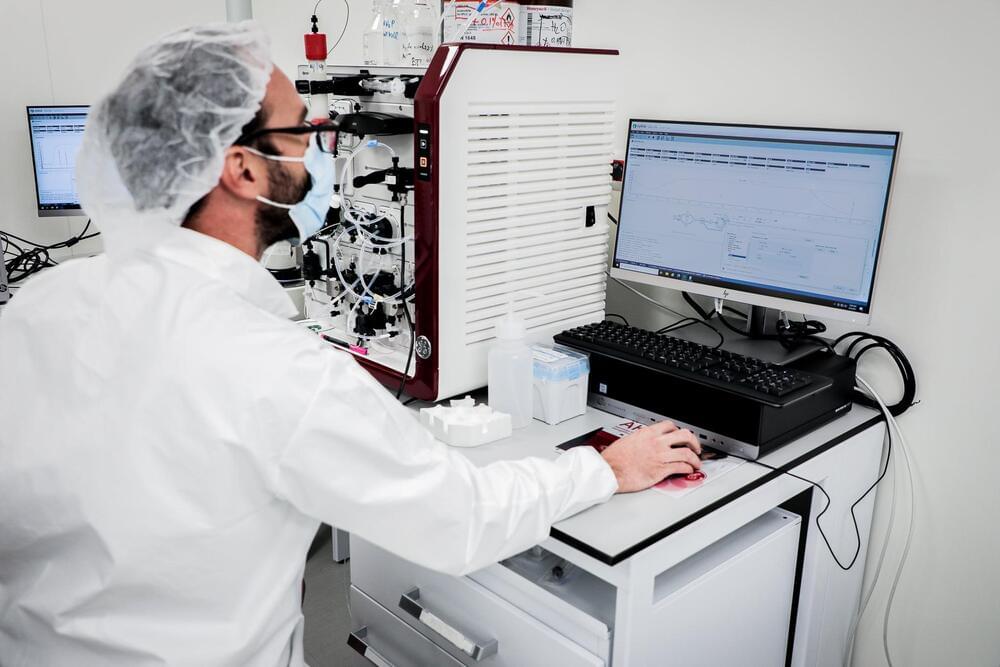
The weaponization of the scientific and technological breakthroughs stemming from human genome research presents a serious global security challenge. Gene-editing pioneer and Nobel Laureate Jennifer Doudna often tells a story of a nightmare she once had. A colleague asked her to teach someone how her technology works. She went to meet the student and “was shocked to see Adolf Hitler, in the flesh.”
Doudna is not alone in being haunted by the power of science. Famously, having just returned home from Los Alamos in early 1945, John von Neumann awakened in panic. “What we are creating now is a monster whose influence is going to change history, provided there is any history left,” he stammered while straining to speak to his wife. He surmised, however, that “it would be impossible not to see it through, not only for military reasons, but it would also be unethical from the point of view of the scientists not to do what they knew is feasible, no matter what terrible consequences it may have.”
According to biographer Ananyo Bhattacharya, von Neumann saw what was happening in Nazi Germany and the USSR and believed that “the best he could do is allow politicians to make those [ethical and security] decisions: to put his brain in their hands.” Living through a devastating world war, the Manhattan Project polymath “had no trust left in human nature.”
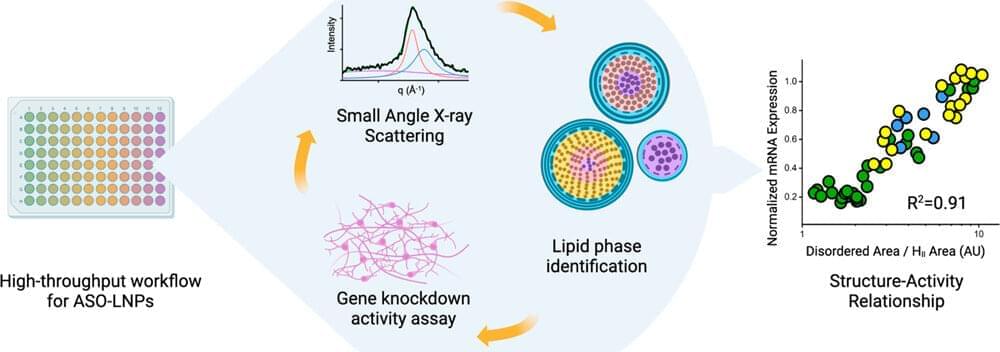
Many diseases can be successfully treated in the simple environment of a cell culture dish, but to successfully treat real people, the drug agent has to take a journey through the infinitely more complex environment within our bodies and arrive, intact, inside the affected cells. This process, called drug delivery, is one of the most significant barriers in medicine.
A collaboration between Lawrence Berkeley National Laboratory (Berkeley Lab) and Genentech, a member of the Roche Group, is working to break through some of the drug delivery bottlenecks by designing the most effective lipid nanoparticles (LNPs)—tiny spherical pouches made of fatty molecules that encapsulate therapeutic agents until they dock with cell membranes and release their contents. The first drug to use LNPs was approved in 2018, but the delivery method rose to global prominence with the Pfizer and Moderna mRNA COVID vaccines.
“It’s quite a smart system, because if you just deliver the RNA itself to the human body, the RNA is degraded by nucleases and cannot easily cross the cell membrane due to its size and charge, but the LNPs deliver it safely into the cell,” explained co-lead author Chun-Wan Yen, a senior Principal Scientist in Genentech’s Small Molecule Pharmaceutical Sciences group.

Silicon Valley tech bro Bryan Johnson claims he’s shaved five years off his biological age. Longevity mastermind David Sinclair, Ph.D., says tests show his biological age is a full decade younger than the 53 candles on his birthday cake. Sixty-three-year-old functional medicine doctor Mark Hyman, M.D., say tests clock his biological age at a young 43. But can aging really be cured? Maybe not—but adopting or eschewing certain lifestyle habits to add years to your life.
When it comes to understanding how to reverse aging, there are tests on the market that claim to be able to help you do that. They calculate your ‘biological age’ to see how your body could be aging across various cell-level metrics versus the number of candles on your birthday cake.
But are these tests accurate?
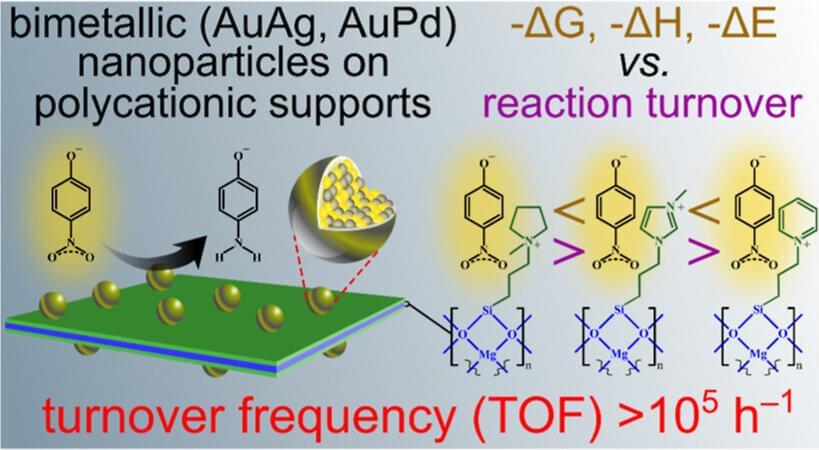
Microscopic materials made of clay, designed by researchers at the University of Missouri, could be key to the future of synthetic materials chemistry. By enabling scientists to produce chemical layers tailor-made to deliver specific tasks based on the goals of the individual researcher, these materials, called nanoclays, can be used in a wide variety of applications, including the medical field or environmental science.
A paper describing this research is published in the journal ACS Applied Engineering Materials.
A fundamental part of the material is its electrically charged surface, said Gary Baker, co-principal investigator on the project and an associate professor in the Department of Chemistry.